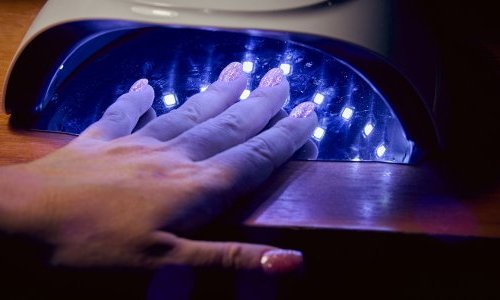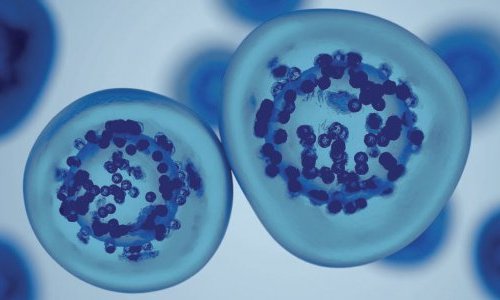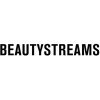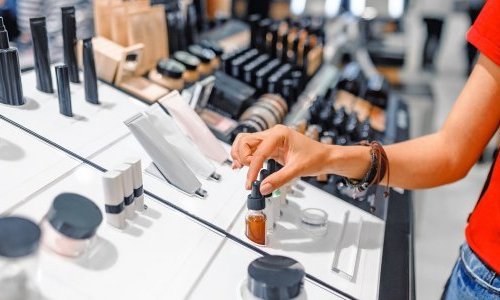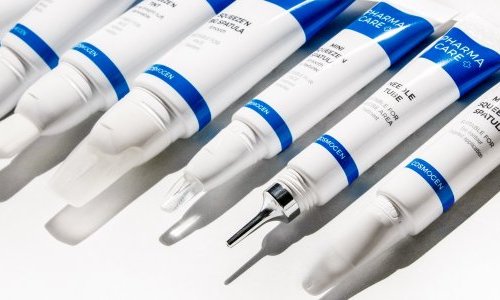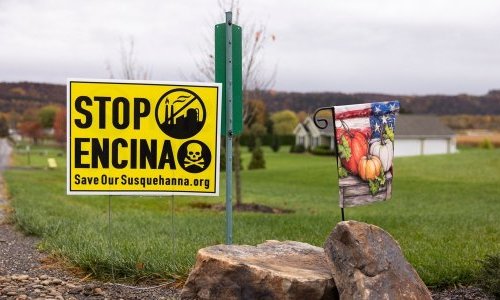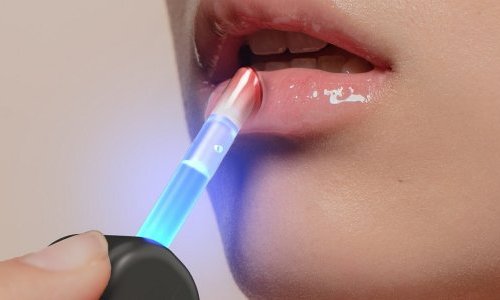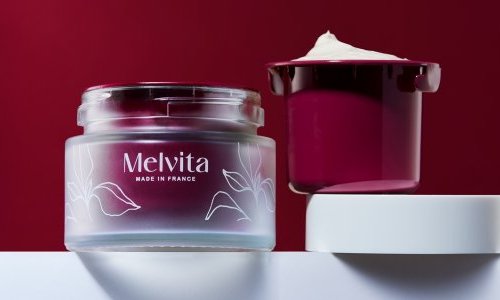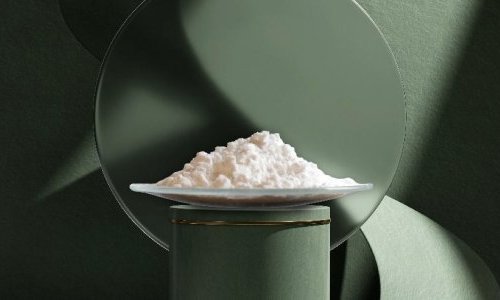
Patrick Jame
Premium Beauty News - You are specialized in analyzing and controlling products, in particular on the isotopic level.
Patrick Jame - Indeed, ISA is one of the greatest European laboratories in the field of analytical sciences. It gathers over 170 people. Isotopic analysis is based on the measurement of the isotope concentration, compared to the element: for example, the quantitative measurement of the 13C/12C ratio. It helps provide scientific data to recognize or authenticate certain products as regards their origins: synthetic or natural, animal, or plant origin. Isotopic analysis may also be used to determine the content in biosourced elements, i.e. to verify a compound is actually based on sustainable and renewable biomass and differentiate it from a compound based on petroleum products. Among others, it is used to analyze pure compounds (raw materials of interest), because it is a low-cost, quick method – it takes about ten minutes.
Premium Beauty News - What compounds do you work on the most?
Patrick Jame - In the field of cosmetics, we were pioneers in determining the animal or plant origin of squalane, as we developed an isotopic analysis method which, as far as we know, is the only existing method to control this substance right now. The Bloom NGO conducted a study in 2015: they revealed that out of 72 cosmetics creams tested, one out of five contained shark squalane. However, the vast majority of creams sold in Europe are plant-derived. The isotopic analysis of squalane is regularly requested to our laboratory, because major cosmetics brands are willing to verify their supply sources. Our customers are European, but also Asian. We are a global reference in this field. We provide a result, but above all, we commit to provide recommendations and a conclusion.

Isotopic analysis helps provide scientific data to recognize or authenticate certain products as regards their origins. Photo : © Matej Kastelic / shutterstock.com
Premium Beauty News - What are the limits of this method?
Patrick Jame - If used to authenticate the origin of squalane, isotopic analysis only denounces fraud beyond 10%. It depends on the natural variation and measurement uncertainty of the instruments.
Premium Beauty News - Do you work for other areas of application?
Patrick Jame - We do, we have an isotopic database of over 2,000 compounds. We work for industries like health, the environment, and materials – for compliance follow-up and potential fraud detection issues. The organic sector is also interested in our work.





